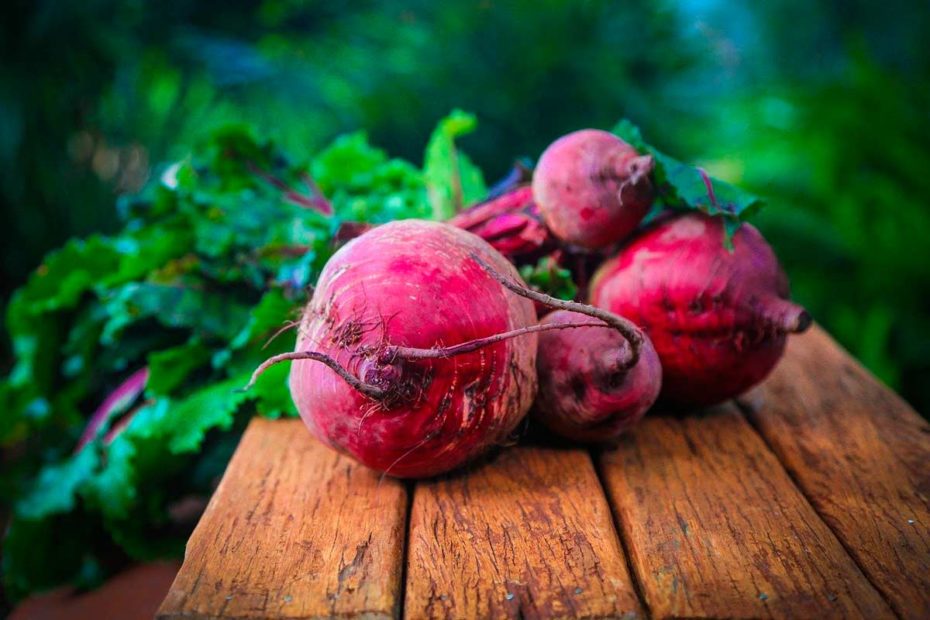Are you making time for yourself right now? Whether you’re taking care of small children, working from home, or checking up on elderly relatives, the state of quarantine in which we currently live brings with it a number of new challenges – challenges which require a great deal of physical and mental energy. In such a new, strange and unstructured time, taking the time to shop responsibly, choose the right ingredients and cook nourishing food can be a lifeline to keep us tethered to normality. We at RYH think that every cloud has a silver lining, so we’ve put together a few tips for taking care of yourself and the planet via your food choices during isolation. Now that you don’t have to rush in from work, you can use the extra time to be more aware of and attuned to what you eat and how to generate zero-waste. Who knows – you might come out the other side with a new sense of appreciation for cooking mindfully, as well as renewed pride in yourself for making it through.
1. Try shopping zero-waste
What is zero-waste living? As the name suggests, it means trying to cut down on your plastic consumption in order to reduce your carbon footprint. When you shop, try to avoid heavily packaged items, rejecting packaging altogether when you can – for instance, by buy fruit and vegetables piece by piece instead of in pre-prepared boxes. Bring reusable bags instead of shelling out for lots of plastic ones (this will save you money too)! Best of all, look for an entirely zero-waste supermarket: loads of these great plastic-free shops are springing up all around the UK. Processed foods tend to be the biggest culprits in terms of plastic consumption – think biscuit wrappers, packets of sweets and shrink-wrapped hotdogs. By cutting down on these and moving towards home-cooked meals and treats, you’ll be saving money and bettering your own health as well as the planet’s.
2. Cook using seasonal produce
The idea of eating seasonally is very simple. It involves only buying fresh produce grown when it is in season – for instance, only eating raspberries in summer or blackberries in autumn, rather than all year round. Ideally, this produce should also be locally sourced: farmers’ markets and greengrocers are great places to get your hands on quality local produce. The benefits of eating seasonally, both for yourself and for the planet, are numerous. It’s one of the easiest and most cost-effective ways to reduce your carbon footprint. It’s also tastier: seasonal produce is usually harvested at the peak of its nutrient and vitamin content, so will have a deeper, more unique and more complex flavour. Luckily, we are now entering the spring and summer months, so find out what food is in season now: buy artichokes, beetroots, rhubarb and rocket in April and strawberries, peas, asparagus and courgettes as we head into May and June. And if you aren’t sure what produce is in season when, take a look a this great seasonal food calendar.
3. Incorporate more plant-based foods into your diet
You’re stuck at home, trying to think of ways to fill the time– what better time than now to try something new? A plant-based diet might sound difficult, but it doesn’t have to mean radically changing your lifestyle. The nutritional advantages of going plant-based are well-known: eating less meat means a lower risk of heart disease, obesity and high blood pressure. You might aspire to going vegetarian or even vegan, but you can start with small steps if you don’t want to give up all animal products. Begin by trying a dairy-free milk such as oat, soy or almond in place of your normal cow’s milk, or swap in tofu for chicken in a stir-fry, and see how you go from there. The vegan and ‘free-from’ market is flourishing and there are hundreds of delicious plant-based protein alternatives out there, so you may find you don’t even miss your favourite foods. Challenge yourself and give it a try!
4. Try going organic!
If a food is organic, this simply means it has been grown on a farm where fewer chemicals were used on the land. This has lots of benefits both for those that farm the land and those who consume the products. Switching to organic food reduces your exposure to the potentially harmful chemicals found in man-made pesticides- such as glyphosate, which can limit the availability of magnesium and vitamin D in the body. Organic food also contains more nutrients and is grown in a way that allows the natural farmland ecosystem to flourish. Read this page for an explanation of the ‘Dirty Dozen, Clean Fifteen’ classification of the most and least contaminated fruits and vegetables, and for more advice on making the switch. Going organic doesn’t necessarily have to be more expensive – it might simply entail a little more shopping around, and the health benefits of organic food more than make up for any extra cost.
So, there you have it – 4 new food challenges to try in isolation, to help you really tune in to what’s on your plate and embrace cooking mindfully and with love. If you’re searching for inspiration, why not try the Reset Your Health Plan, which provides a tailored 4 -week recipe-list and takes into account any dietary needs or restrictions and also embraces zero-waste and organic food. We wish you the best in these unforeseen times, and don’t forget to keep cooking!
